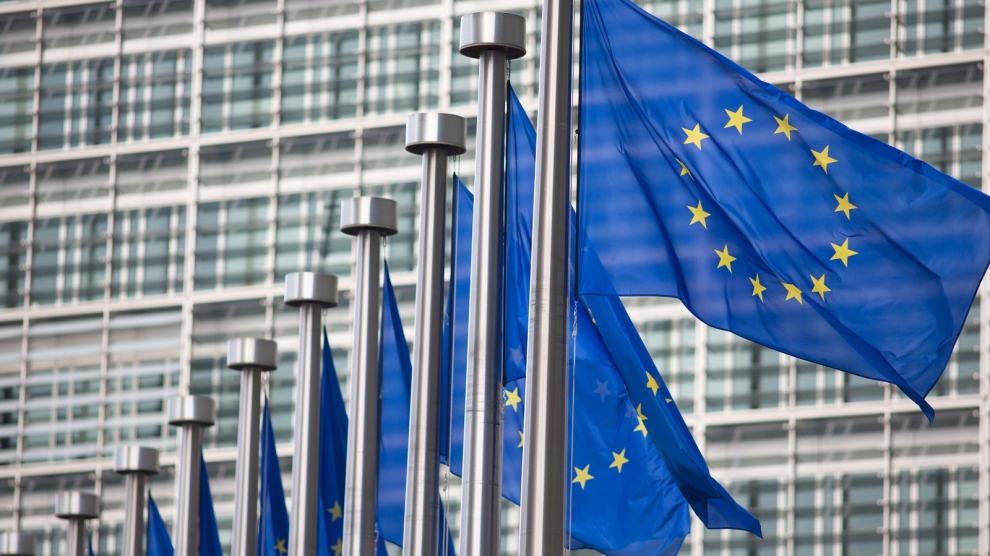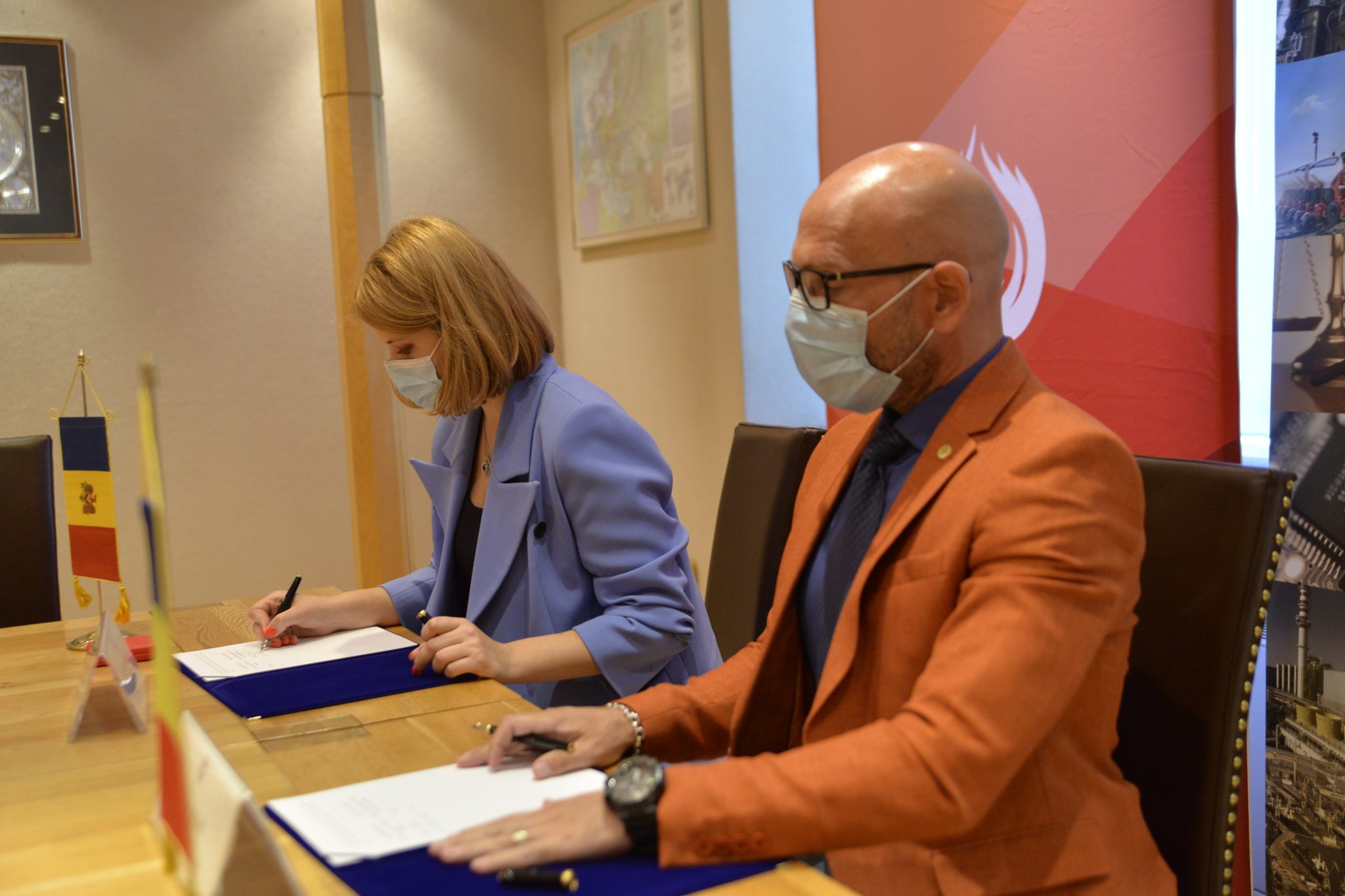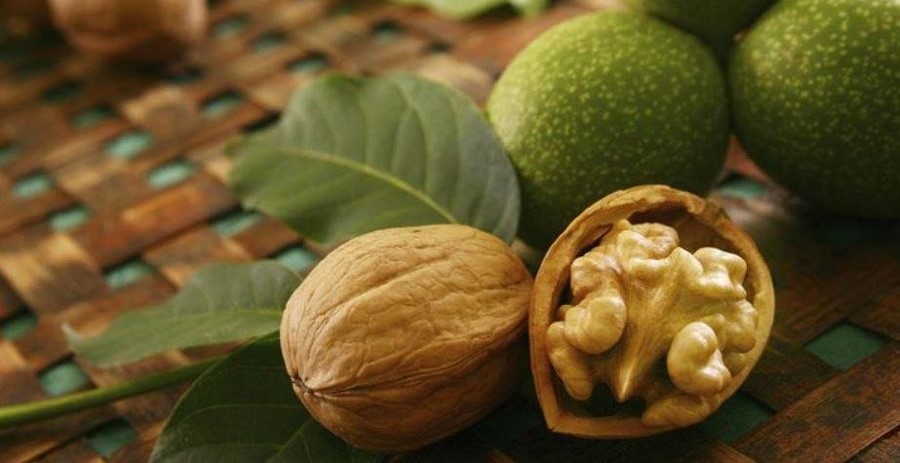Economy
BP offers 'new proposal' to salvage deal, says Rosneft
Reading Time: 3 minutes The Russian state oil firm said the proposals went outside the framework of the earlier failed deal, and meant talks on a tie-up could continue.
Rosneft has said it has received "new proposals" from BP after the deadline for their Arctic deal lapsed.
The Russian state oil firm said the proposals went "outside the framework" of the earlier failed deal, and meant talks on a tie-up could continue.
It is unclear whether the new proposal covers the Arctic exploration planned under the previous agreement.
Russian deputy prime minister Igor Sechin said that the share exchange agreement had "failed".
BP had earlier said that it would continue talking to Russian oil giant Rosneft over a share swap.
"We think that on the whole BP is a very good partner," said Mr Sechin, who led the negotiations for Rosneft, although he suggested that the Russian oil company should sue over the breakdown in the talks.
"We do not rule out some arrangement in which BP could be brought in as a contractor, perhaps on an outsourcing basis [for the Arctic] and on other projects."
Analysts suggest Rosneft may now be talking about its Arctic assets with other major oil firms that have deep-sea drilling expertise, notably Exxon, Chevron and Shell.
Mr Sechin’s comments came after the Russian president, Dmitry Medvedev, implicitly criticised his handling of the failed deal with BP.
"We should have conducted more careful due diligence inside the government… and this, I think, was not done," said Mr Medvedev in an implicit criticism of Mr Sechin, who put the deal together on the Russian side.
Shareholders’ interests
BP’s Arctic exploration and share swap agreements with Rosneft were sunk after AAR, the Russian business partners in BP’s earlier Russian TNK-BP joint venture, successfully argued that the tie-up broke previous agreements BP had signed with them.
The formal deadline for BP to consummate its agreement with Rosneft was reached on Monday without BP finding a way past the impasse with AAR.
"As a result of the negotiating process between BP and AAR, Rosneft has received proposals which go beyond the previous agreements and do not require the extension of the deadline (for the share swap) which expired on May 16, 2011," said Rosneft in a statement.
"Considering these proposals, Rosneft will above all be guided by the need to respect the interests of its shareholders and the necessity of fulfilling its licensing agreements on the Arctic shelf, where the company is continuing active work."
On Tuesday, BP said it would continue to try to find a way for the three parties to reach an agreement.
The original deal between BP and state-owned Rosneft would have given the UK oil giant access to the potentially lucrative oil reserves in the Russian Arctic.
"In recent months, BP has conducted detailed negotiations with AAR and Rosneft to seek a reasonable and businesslike solution that would allow the agreements to proceed to the satisfaction of all parties," BP said.
"Such a solution has not been found at this time, although talks will continue."
Mikhail Fridman, chairman of Alfa Group, the group of billionaires behind AAR, said: "AAR also sees significant benefit to developing co-operation with Rosneft within the framework of the TNK-BP shareholder agreement, and we plan to continue discussions about any potential collaboration among BP, Rosneft and AAR."
Exclusivity agreement
Under the BP-Rosneft deal, which was signed in January, the Russian firm would have taken 5% of BP’s shares in exchange for approximately 9.5% of Rosneft’s shares.
But AAR said that the deal broke an existing exclusivity agreement between it and BP.
The AAR consortium won a High Court injunction in London in February.
It put the deal on hold until the dispute could be resolved by arbitration, and in March an arbitration panel upheld AAR’s complaint.
Last week, arbitrators ruled that BP and Rosneft would be allowed to swap shares if the Arctic operations were carried out under TNK-BP, instead of BP itself.
Economy
Moldova will receive a disbursement of 36 million euros as part of the the Economic Recovery Plan

This week, the European Commission approved the disbursement of 36 million euros in grant money for the Republic of Moldova. The announcement was made by Deputy Director-General for Neighbourhood Policy and Enlargement Negotiations at the European Commission, Katarina Mathernova, who paid an official visit to the Republic of Moldova between September 13-15, together with Managing Director for Russia, Eastern Partnership, Central Asia, Regional cooperation and OSCE, at the European External Action Service, Michael Siebert.
The EU officials had meetings with President Maia Sandu, Minister of Foreign Affairs and European Integration, Nicu Popescu, Speaker of Parliament, Igor Grosu, Prime Minister of the country, Natalia Gavrilita, as well as key representatives of Government, international financial institutions and the civil society, according to a press release issued by the Delegation of the European Union to the Republic of Moldova.
Beside such topics as the EU-Moldova relations and prospects, the priorities of the reform agenda of the new Moldovan Government, preparations for the Eastern Partnership Summit at the end of the year and the Transnistrian conflict settlement, the officials also discussed the EU assistance in support of reforms and the Economic Recovery Plan for Moldova, which was announced in June with a total EU support of 600 million euros over the next 3 years.
“The first measures under the Economic Recovery Plan will shortly materialize, with the expected disbursement of 36 million euros in grant money under budget support programmes to support the authorities’ efforts to fight against the consequences of the pandemic. Moldova can count on EU’s assistance on its path to reforms and to recovery, bringing tangible results to citizens,” Katarina Mathernova stated.
The plan is based on assistance provided by the European Union through various bilateral and regional instruments, aiming to mobilize the funds in the form of grants, loans, guarantees and macro-financial assistance.
“The Economic Recovery Plan for the Republic of Moldova involves much more, not just this financial support provided immediately. It must help digital transformation, strengthen infrastructure, energy efficiency, education and support small and medium-sized enterprises,” the EU official also said.
As Prime Minister Natalia Gavrilita informed, “The Economic Recovery Plan and the 5 flagship initiatives for Moldova in the Eastern Partnership will directly contribute to the reform and consolidation of institutions, stimulate long-term socio-economic development, bring direct benefits to citizens, and unleash new economic opportunities through promoting the green agenda and digitization. Small and medium-sized enterprises (SMEs) have been hit hard by the crisis. Promoting and diversifying access to finance and reducing collateral requirements will be essential in supporting economic operators. We are grateful to the EU partners who will launch two programs to support 50 000 independent Moldovan SMEs to adapt to the new conditions.”
President of the Republic of Moldova, Maia Sandu, welcomed the decision of the European Union to disburse about 745 million lei in grant money, as the official page of the President’s Office announced. “EU support comes after a long period of freezing of European assistance, caused by former governments. We managed to relaunch the political dialogue with the European Union and resume financial assistance. The Republic of Moldova is gradually regaining the trust of its strategic partners. This European support is also a signal of encouragement for the new Government team in its commitment to clean up the institutions, fight corruption and launch development programs in the country,” said Maia Sandu.
Photo: unknown
Economy
Romania and Moldova signed a partnership memorandum pledging to cooperate in promoting their wines

The Chamber of Commerce and Industry of Romania (CCIR) and the National Office for Vine and Wine (NOVW) of the Republic of Moldova signed, last week, a memorandum of cooperation on organizing joint promotional activities in the markets of common interest, as the CCIR announced.
China, Japan or the USA are just some of the markets targeted by the Romanian and Moldovan institutions. The memorandum also involves advertising activities for wines from common indigenous varieties, promoting the oeno-tourist region, developing a tourist route in the two states, exchange of experience, study visits, and mutual support in identifying new export opportunities. “We are very confident that this collaboration between our organizations will lead to sustainable economic growth and a higher degree of well-being among Moldovans and Romanians,” claimed Deputy Secretary-General of CCIR, Bogdan Visan.
On the other hand, Director of the NOVW, Cristina Frolov, declared that no open competition with Romania is aimed at the governmental level of the Republic of Moldova. “This request for collaboration is a consequence of the partnership principle. Romania imports 10-12% of the wine it consumes, and we want to take more from this import quota. Every year, the Romanian market grows by approximately 2.8%, as it happened in 2020, and we are interested in taking a maximum share of this percentage of imported wines without entering into direct competition with the Romanian producer,” the Moldovan official said. She also mentioned that Moldova aims at increasing the market share of wine production by at least 50% compared to 2020, and the number of producers present on the Romanian market – by at least 40%.

Source: ccir.ro
**
According to the data of the Romanian National Trade Register Office, the total value of Romania-Moldova trade was 1.7 billion euros at the end of last year and over 805 million euros at the end of May 2021. In July 2021, there were 6 522 companies from the Republic of Moldova in Romania, with a total capital value of 45.9 million euros.
The data of Moldova’s National Office of Vine and Wine showed that, in the first 7 months of 2021, the total quantity of bottled wine was about 27 million litres (registering an increase of 10% as compared to the same period last year), with a value of more than one billion lei, which is 32% more than the same period last year. Moldovan wines were awarded 956 medals at 32 international competitions in 2020.
Photo: ccir.ro
Economy
Moldova’s hope to be a top walnut exporter and its main difficulties

The Republic of Moldova has perfect weather conditions for growing walnut trees, that creating a great potential of walnut production and trade, especially on international markets, where the demand is way higher than the product’s supply. National and international experts believe that the country’s walnut production industry is on the verge of important transformations, which could lead to increased yields, quality and competitiveness worldwide.
According to authorities, Moldova exports 34-35 thousand tons of walnuts in shell, which is about 7% of the total export of fruit and 5% of the total export of horticultural products. The export value is assessed as being $120 million, that being 57-60% of the total fruit export value and about 50% of horticultural export value. Most of walnut crops are exported to the EU countries, such as France, Germany, the Netherlands, Romania and Austria. The country’s exports were among the world’s top 10 when it comes to the highest dollar value of the product during 2020.
Viorel Gherciu, Minister of Agriculture and Food Industry, pointed out that the production in the domestic walnut industry has increased by 55% in the last five years, which ranks Moldova among the main producers in the world.
“The biggest opportunity for this industry is that we are in the geographical proximity of the largest walnut import area in the world, which is the European Union, with almost 40% of total imports in the world. We are on the EU border, with privileged relations, with an Association Agreement. We already enjoy a good relationship in working with European importers, they trust our processors. A very close collaboration has been created and this is, in fact, the guarantee for those who invest in the area,” claimed the president of the Walnut Producers Association, Oleg Tirsina.
The data provided by the National Bureau of Statistics show that there are 34.7 thousand hectares of walnut plantations in the country. 20.90 hectares are represented by orchards. 75% of planted orchards are formed of old varieties trees. 30-35% of the exported production comes from orchards, the rest comes from individual farmers and plantations along the roads. This means that the quality of walnut production is not at its maximum potential. Developing commercial plantations through orchards modernization and extension of walnut varieties would provide double yield and better quality, experts say.
Governmental support in the form of subsidizing solutions, foreign investments and credit options are indispensable for the industry development. One of the financing options is the credit line of the European Investment Bank Project. Since 2016, 15 producers and processors of nuts, almonds and hazelnuts have benefited from these loans with the total amount of investments worth 8.7 million euros. A further extension of the project would provide another 60 million euros for the modernization of the horticultural sector in general and for harvesting organic walnuts in particular.
Photo: heymoldova.com





















